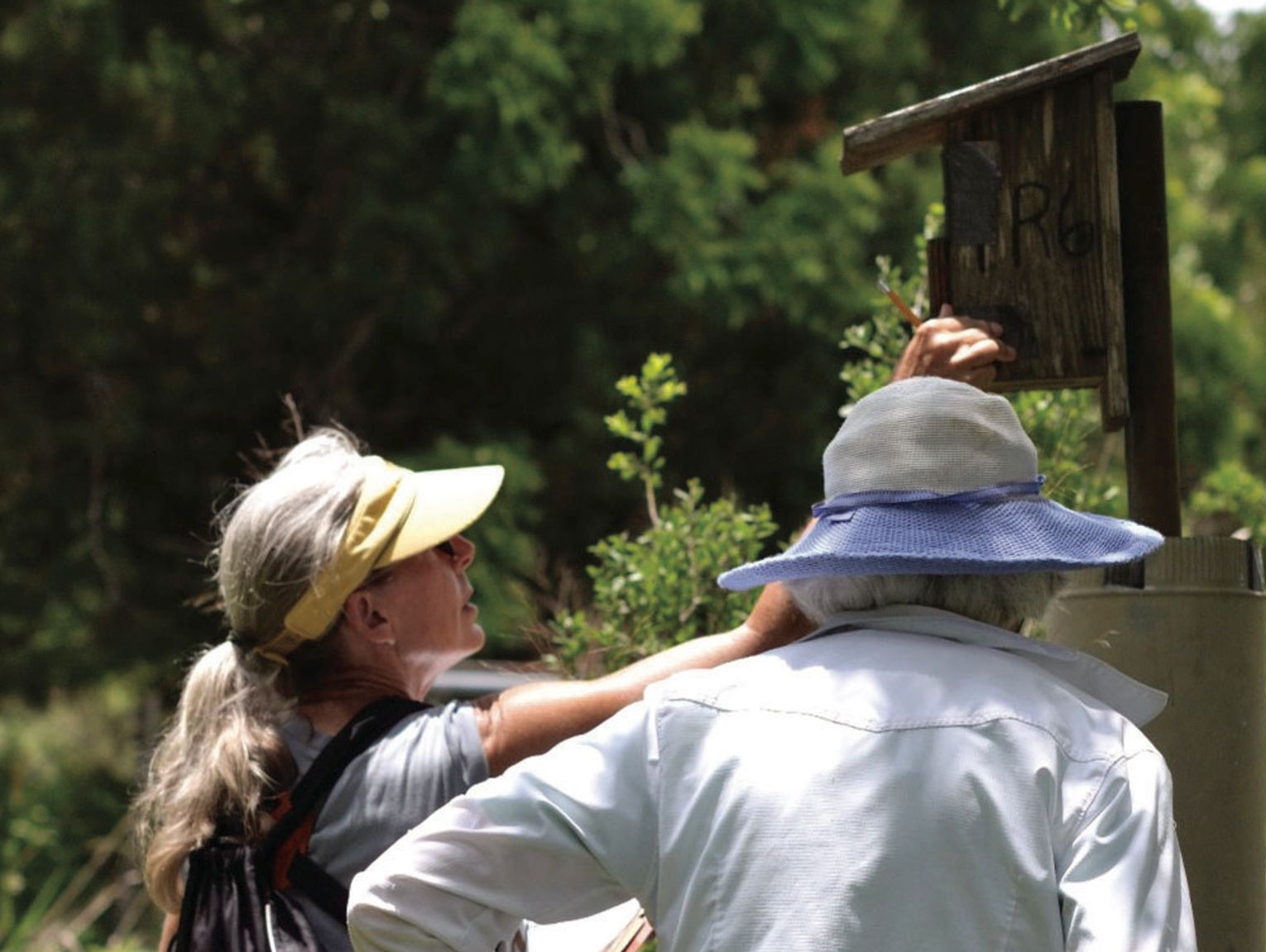In a recent study published in Current Biology, researchers from the Estonian University of Life Sciences and the British Trust for Ornithology explored the impact of warfare on wildlife. Specifically, they examined how Greater Spotted Eagles have altered their migration routes in response to conflict zones in Ukraine.
Lead author Charlie Russell, a postgraduate researcher at the University of East Anglia, noted that while the war in Ukraine has affected people, it has also impacted wildlife. The Greater Spotted Eagle, a vulnerable species due to population decline, has been monitored using GPS tags since 2017. The study unexpectedly captured the birds’ response to the active conflict zone, revealing deviations from their established migration routes.
GPS data from tagged birds showed that stopover sites in Ukraine were bypassed or used less frequently by the eagles. This led to longer journeys, with an average of 85 kilometers added to their migration routes. For migratory birds like the Greater Spotted Eagle, these stopovers are crucial for energy conservation and raising concerns about their ability to reach breeding grounds and successfully reproduce.
Dr. Jim Reynolds, an Assistant Professor in Ornithology and Animal Conservation at the University of Birmingham, who was not involved in the study, emphasized that the conflict in Ukraine is disrupting the migratory ecology of the Greater Spotted Eagle. He expressed concerns about its impact on their breeding performance and highlighted potential risks for a vulnerable species like this one.
While tagged birds survived this encounter with conflict zones during their migration journey, there remains uncertainty about their breeding ability due to disruptions in their migratory patterns. Overall, this study sheds light on how ecological disruptions caused by warfare can negatively affect wildlife populations’ survival and reproductive success.
The researchers hope that this new information will help inform conservation efforts aimed at protecting vulnerable species like Greater Spotted Eagles during times of conflict and highlight the importance of considering wildlife impacts when planning military operations or interventions.



